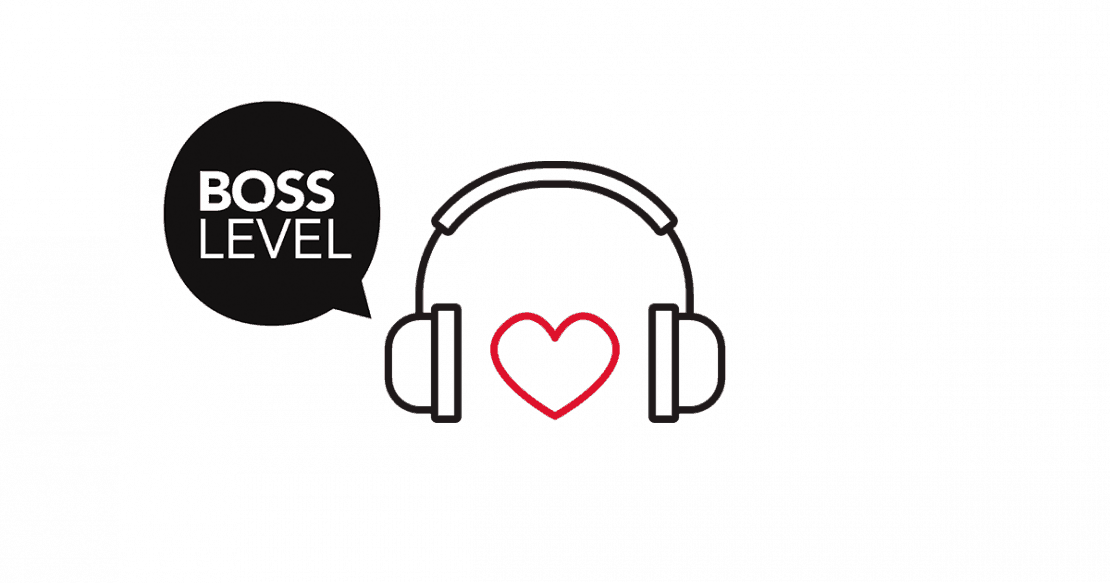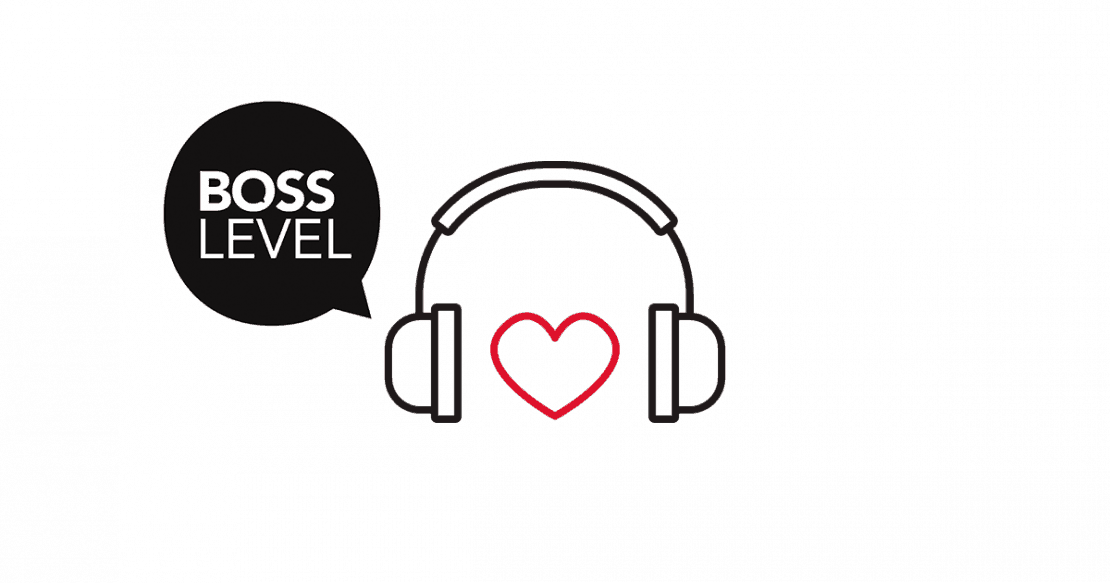30May2016
This time on Boss Level, Sami talks with Lori Schwanbeck, a psychotherapist and one of the teachers of Search Inside Yourself Leadership Institute, which was originally Google’s internal mindfulness program. The conversation explains what mindfulness is and how it can be a good fit for many people. Lori clears up some common misconceptions about mindfulness, and Sami asks the question we might be too shy to ask, “How do you get started?” Keep reading for three points from the episode to guide your interest in mindfulness.
Mindfulness is about optimizing your mind
Practicing mindfulness mean you have to be dull, or Zen, or talk in calming tones all the time. Lori says Search Inside Yourself is about helping people be mindful within the speed of their everyday life. So, in the beginning, it was to help Google employees be mindful as they work. Mindfulness doesn’t erase emotions; it brings more clarity to them. And that clarity leads to being more aware in general, not just while meditating.
Clearing up misconceptions
You could say that mindfulness is trendy right now if it wasn’t ridiculous to call something that’s been around for 1000s of years trendy. But mindfulness still isn’t always met with appreciation, and there are some reasons for that. Sami and Lori discuss what it means to practice secular mindfulness, that is, mindfulness not connected to religion. Even though mindfulness has long been associated with spiritual practices, it doesn’t have to be for everyone. Lori says mindfulness is about training your attention, and that there’s research to back it. The more the brain is trained in specific ways, the more the brain changes (this is neuroplasticity at work.) Some changes associated with meditation are lower stress, higher levels of well-being, and increased focus.
A path to being present
During the episode, Sami and Lori talk about common goals with mindfulness and “being present” is at the top. The speed of life is increasing and eroding focus on the present. But, focus on one thing (like breathing), and you can train the mind to focus on anything. When trying to focus on one thing, the mind wanders. Lori says that’s OK, just bring your mind back and re-focus. It’s not bad when the mind wanders; that’s how you train it – by bringing it back. Once it becomes a habit, you can transfer the practice of attention to things other than breath. Breath is just the vehicle for focus.
Listen to the episode below or Download the MP3 (36,5 MB):
Timestamps
1:51 Lori tells us about how she got into transpersonal psychology, which looks at emotional intelligence and mindfulness skills, and how that can help people thrive. Lori’s been practicing in San Francisco for the last 16 years and has spent the last three years working with Search Inside Yourself.
3:44Google employee number 107 started Search Inside Yourself when he overcame obstacles via meditation and then wanted to help others find similar help. His big goal? To create the conditions for world peace. It became Google’s most popular course, and six years later, Search Inside Yourself became a non-profit institute.
6:03 Sami asks the nitty-gritty questions to find out exactly what it’s like to go through the Search Inside Yourself program. In a sentence, it’s a leadership development program designed to teach people how to be emotionally intelligent.
8:10 Quote from Lori: “We have to remember that [mindfulness] is similar to working out in the gym. So we can talk here about how fabulous exercise is for your body, or how fabulous mindfulness is for your brain, but you’re not going to get fit in your body (or in your mind) unless you do the practices. Right?”
8:30 Google has been using Search Inside Yourself since 2008, and they’re getting some good results, such as lower stress, higher levels of well-being, and more focus. Lori gives more information about the research that just got these results. And it’s not just at Google; Search Inside Yourself is taught at Ford, the United Nations, Microsoft, and more.
10:33 Sami and Lori discuss some of the misconceptions around mindfulness, and then dive into what mindfulness is all about: training attention. Lori says mindfulness isn’t about being boring, but about bringing more clarity to everything you do. And there’s research to back it.
14:31 Is there one primary goal when working on mindfulness? Is it weird to have goals with mindfulness? Lori says clarity and being present are probably the top goals, but it’s important not to be attached to a particular outcome.
16:54 Do you have to be religious to get something out of mindfulness? Lori says no. And her definition of mindfulness shows that it can be for anyone who wants to cultivate their mind.
20:15 In a time where there are increasing demands on our attention, how can we be present? We should practice focusing on something, use tools (such as the Pomodoro technique), and when we catch our mind wandering, bring it back. Lori says it’s not bad that the mind wanders, that’s how you train it by bringing it back.
24:03 Quote from Lori: “The breath is just a vehicle to train the mind to really be present for this fantastic life that we have.”
26:09 So now that we’re all interested in mindfulness, what’s the first step? Guided meditations (Calm and Headspace are useful apps) and bringing full attention to anything you do. Be aware of yourself through anything that engages your body and that becomes your mindfulness training.
29:45 Sami takes the discussion back to the beginning of Search Inside Yourself and asks if mindfulness is a way to get to world peace. Lori says yes, even though it is a big goal. And she explains that the more we regulate our individual emotions and increase self-awareness, the more personal peace we have. Now imagine more and more people reaching that point of internal peace.
Links for the episode:
Links for the podcast:
- Mailing list: http://eepurl.com/P0dpf
- Facebook: https://www.facebook.com/bosslevelpodcast
- Twitter: https://twitter.com/bosslevelpod
- iTunes: https://itunes.apple.com/fi/podcast/boss-level/id1041885043
- Website: http://www.bosslevelpodcast.com
- Sami Honkonen on Twitter: http://twitter.com/SamiHonkonen


